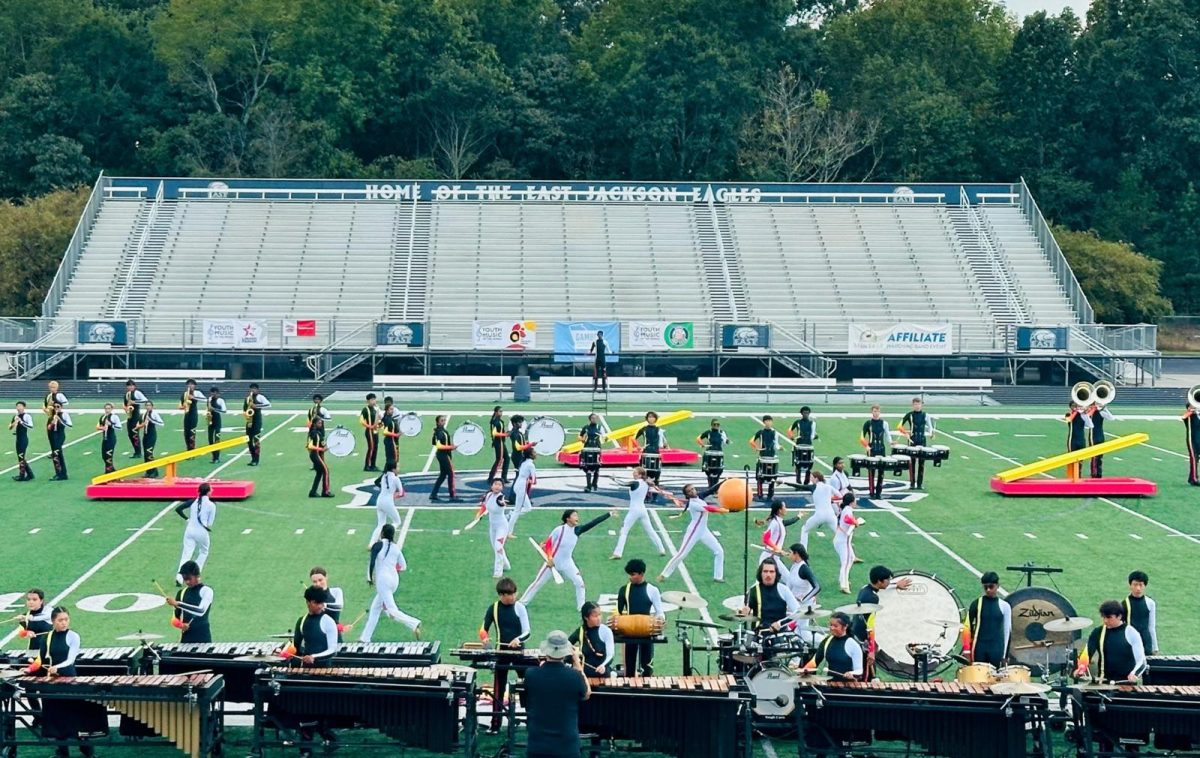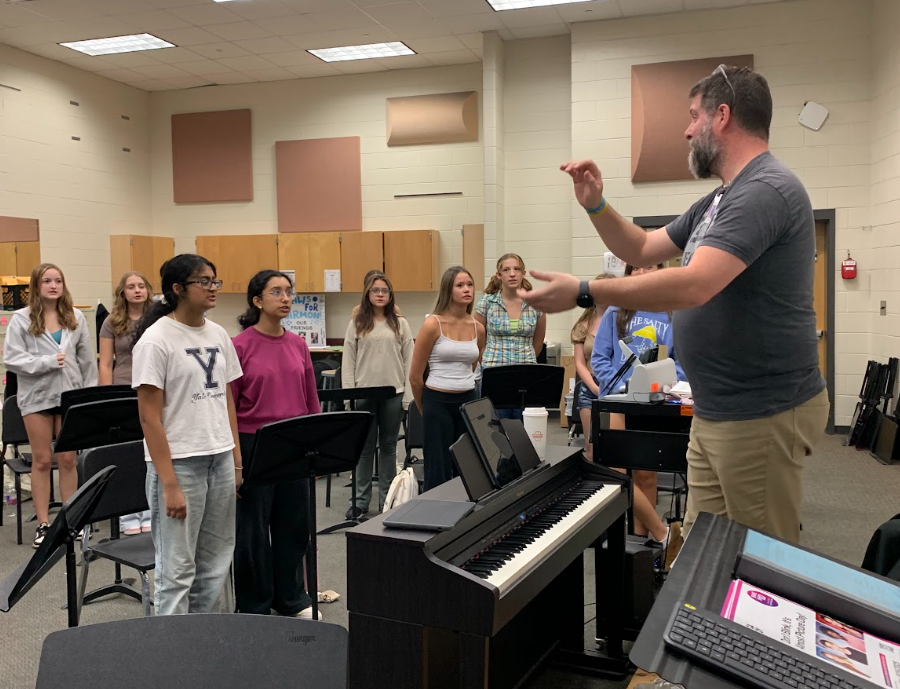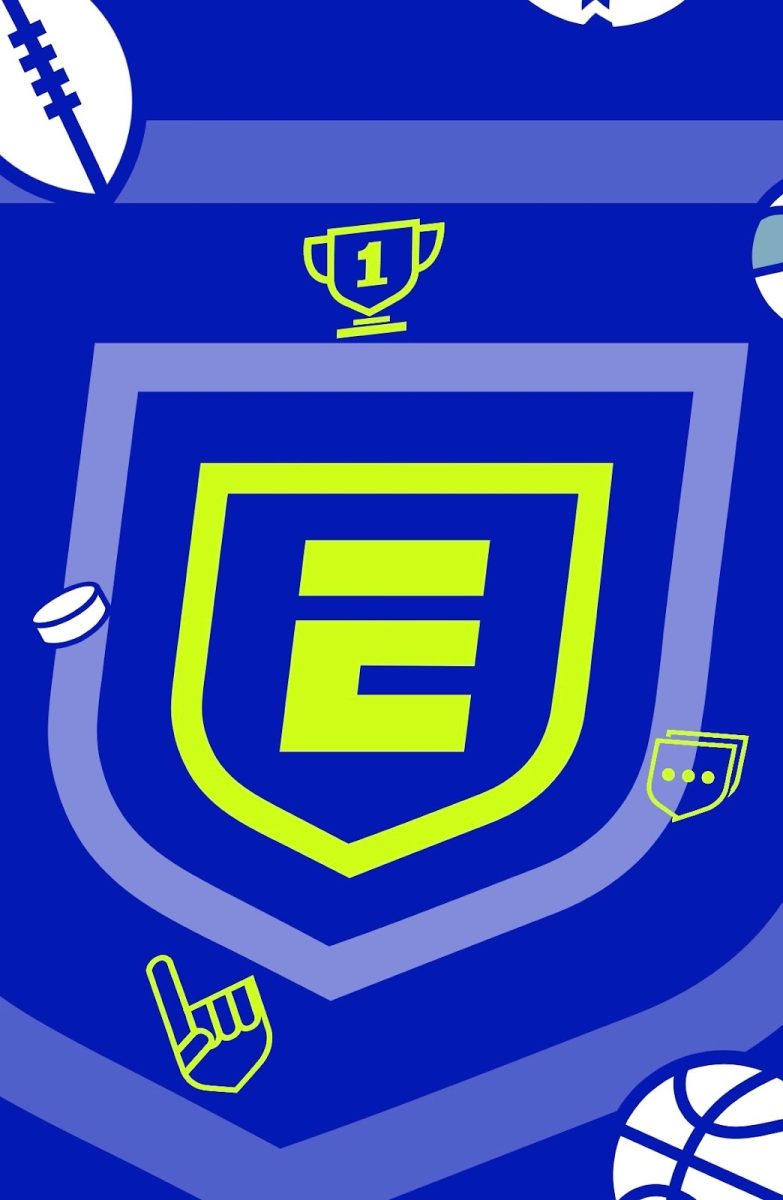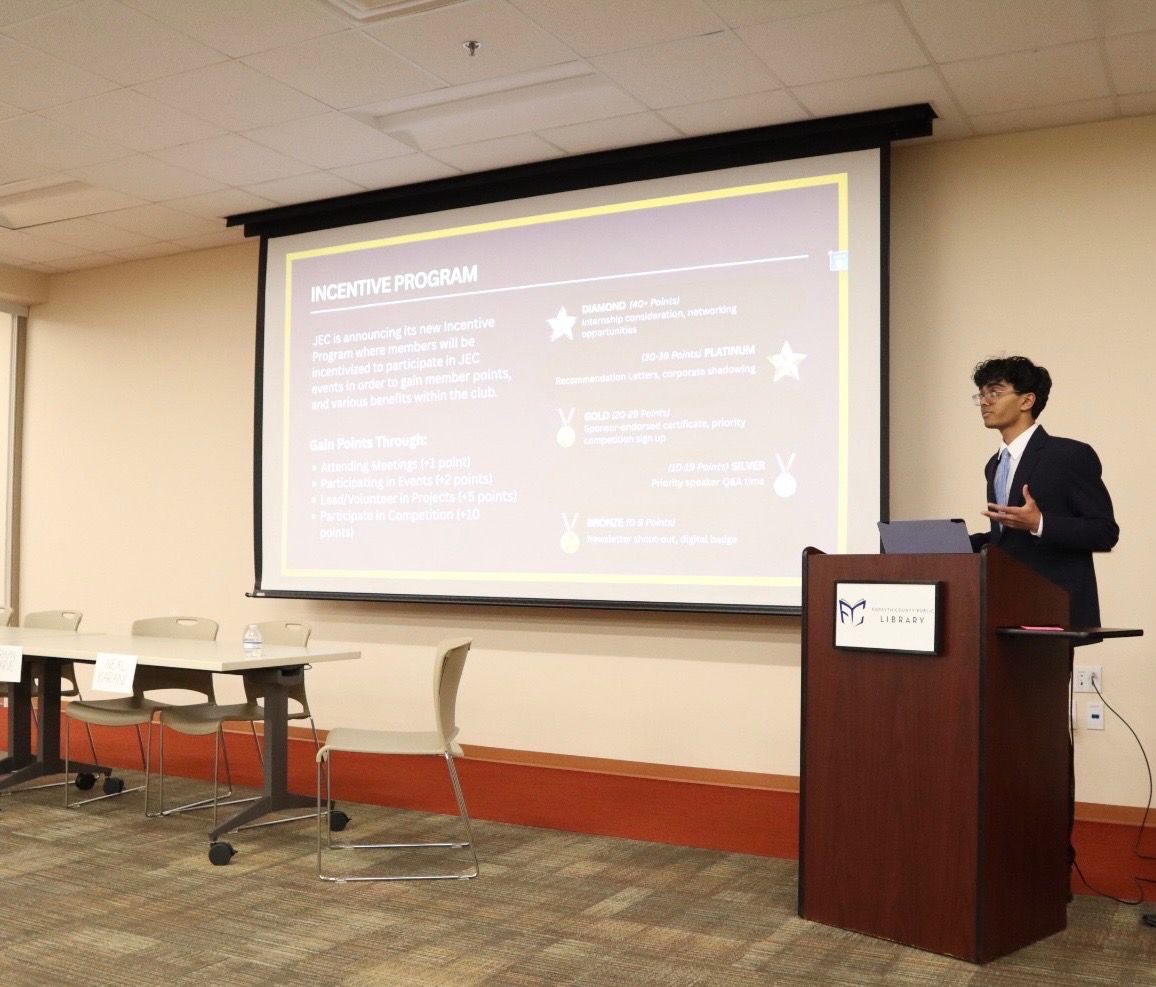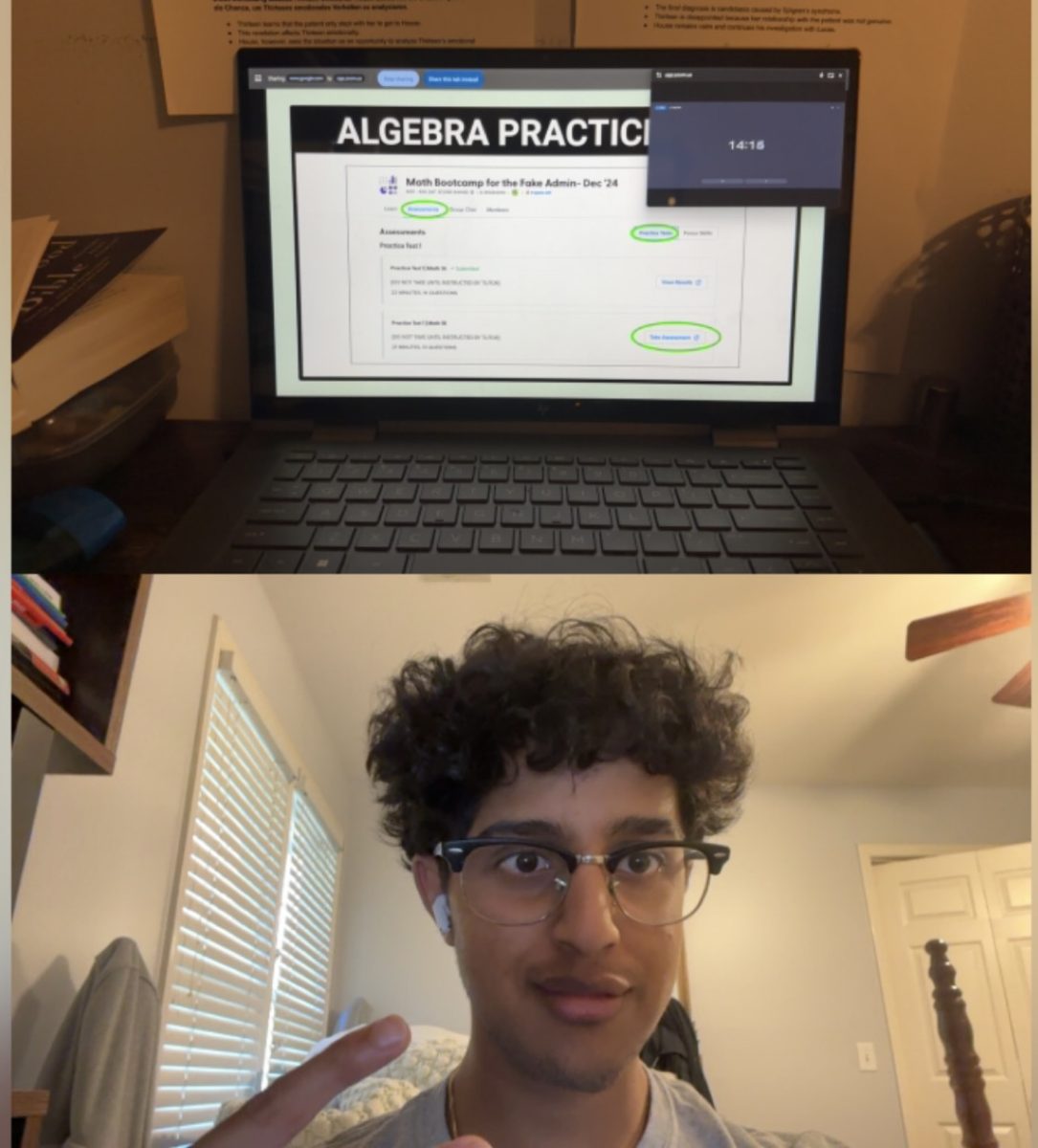The January 15 release of HBO’s docu-series “An Update on Our Family” reignited public scrutiny around the ethics of family vlogging. The series follows the controversial story of the Stauffer family and their decision to rehome their adopted special-needs son—once a centerpiece of their monetized content. But this isn’t the only case that has stirred concern. Just weeks before, the release of the Ruby Franke documentary “Devil in the Family” drew even more widespread outrage over Franke’s treatment, especially on social media. The documentary examined the abuse and arrest of the former “8 Passengers” family vlogger, highlighting just how dark the world of family content creation can become when unchecked.
Part of what makes family vlogging so engaging to many is the way it blurs the line between entertainment and real life. Viewers are watching a family grow through day-to-day life, and the intimacy that comes with this can create what’s known as a parasocial relationship. Parasocial relationships are one-sided emotional connections in which viewers feel personally close to someone they’ve never met, like a celebrity, influencer or even a family. Content creators often, intentionally or not, foster parasocial relationships with their viewers.
Parasocial relationships can make viewers feel as if they are watching a close friend or family member. This blurring of boundaries between creators and viewers can have serious effects, like the phenomenon of “stans,” or stalker-fans—viewers captured by parasocial relationships into dangerous obsessiveness. In the context of family vlogging, the stakes are even higher. Children featured prominently in this content are placed in front of an audience that may include obsessive fans, creating risks they wouldn’t otherwise face in private life.
“[Family vlogging] can expose children to very creepy people,” Lambert senior Logan Byron said. “It’s a bad idea to put young kids in front of the whole internet, because there’s a lot of messed up people online.”
One especially egregious case of parasocial relationships endangering minors involved Tiffany Smith and her daughter Piper Rockelle. Rockelle starred in a popular YouTube vlogging channel that Smith herself engineered. In fact, Smith managed nearly a dozen children’s channels to create a group called “The Squad.” Members of “The Squad” collaborated with each other and boosted each other’s videos. However, Smith was previously sued by 11 teen content creators she managed for withholding earnings, verbal abuse, sexual misconduct and other grievances. The case was settled out of court. Disturbingly, it was alleged that Smith sold an article of Rockelle’s clothing to an online fan while she was underage. This incident highlights the dangers children can face when their privacy is sacrificed for profit and when parental judgement is compromised by the pressures of online fame.
Rockelle’s case is far from isolated, however. This lawsuit comes amid a broader backlash against the financial exploitation that often accompanies family vlogging. Many former child stars of these channels have begun to speak out, arguing that because their lives were used to generate views and income, they deserve a fair share of the earnings.
The “DaddyOFive” YouTube channel, run by Heather and Mike Martin, is a notable example of how these channels may exploit their children. Many of their videos involved putting their children into psychologically distressing situations, such as destroying his son’s gaming console or pushing him into a bookcase. Although the channel generated significant revenue, the children reportedly saw none of it. Heather and Mike Martin were charged with child neglect after their videos made national news, and they lost custody of their children.
“I think you see so many cases of family vloggers being horrible to their kids because there’s a profit incentive to make engaging content,” Byron said. “Parents who put their kids’ lives up online for everyone, it might show that they don’t have [their kids’] best interests at heart.”
It is important to note that far from all family vloggers are abusive in any way to their children. Family vlogging can be a wholesome way to document a family’s most cherished moments. However, these tragic examples are a serious reminder of the exploitation that can take place when profit is put before family.
This is no more evident than in the case of the Stauffer family, the subject of the “An Update on Our Family” docu-series. The series follows the fallout from Myka and James Stauffer’s controversial decision to rehome their adopted special-needs son after featuring him prominently on their YouTube channel for years. The adoption journey was heavily documented and monetized, but when the challenges of parenting a special-needs child no longer fit their brand, the Stauffers quietly removed Huxley from their content. Many accused the couple of treating their child like disposable content.
Ultimately, the Stauffers’ story exemplifies how, in the world of family vlogging, the pursuit of profit and influence can sometimes overshadow the very values of love, care and responsibility that family is supposed to represent.
Another recent development that reignited public concern is the recent release of the Ruby Franke documentary, “Devil in the Family,” which premiered in late 2023. Franke, formerly known for her popular “8 Passengers” family vlogging channel, was arrested after her children were found malnourished and showing signs of prolonged abuse. The documentary exposed the dark reality behind the seemingly wholesome content and intensified conversations about how family vlogging can mask long-term harm behind curated perfection.
When family vlogging is truly done for the family—for the sake of preserving memories or sharing joy—it can be harmless, even wholesome. But when it becomes a pursuit of money, views and online fame, it often opens the door to exploitation and abuse. The rise of family vlogging has exposed serious gaps in ethics, regulation, and parental responsibility—gaps that children are too often left to fall through. Moreover, viewers have a role to play in questioning what they consume and who it impacts. As a society, there must be a reckoning with whether internet fame is ever worth the cost of a child’s privacy, safety and childhood. No amount of views, sponsorship deals or online influence should ever outweigh a child’s right to grow up protected, respected and free from exploitation.





